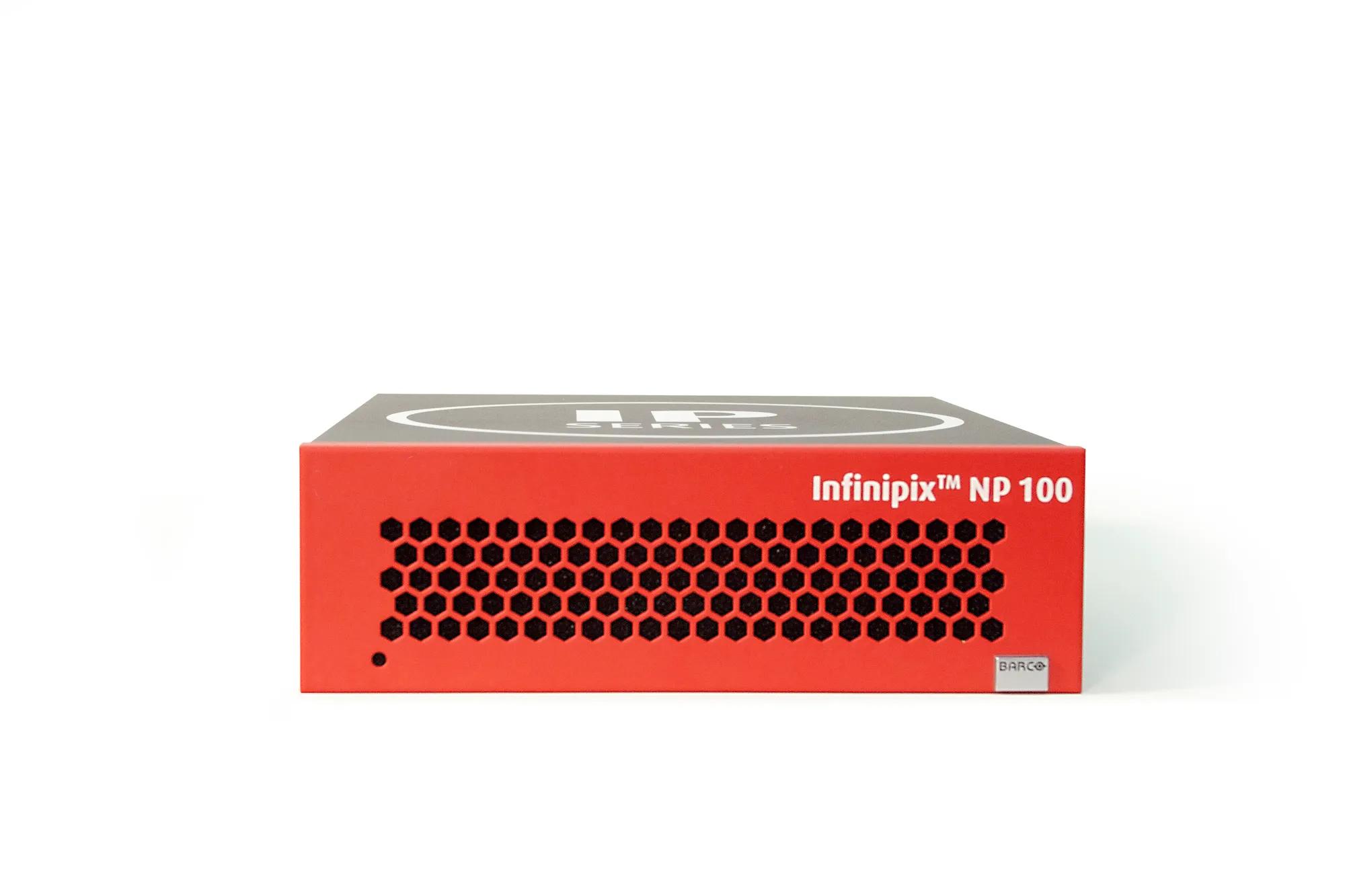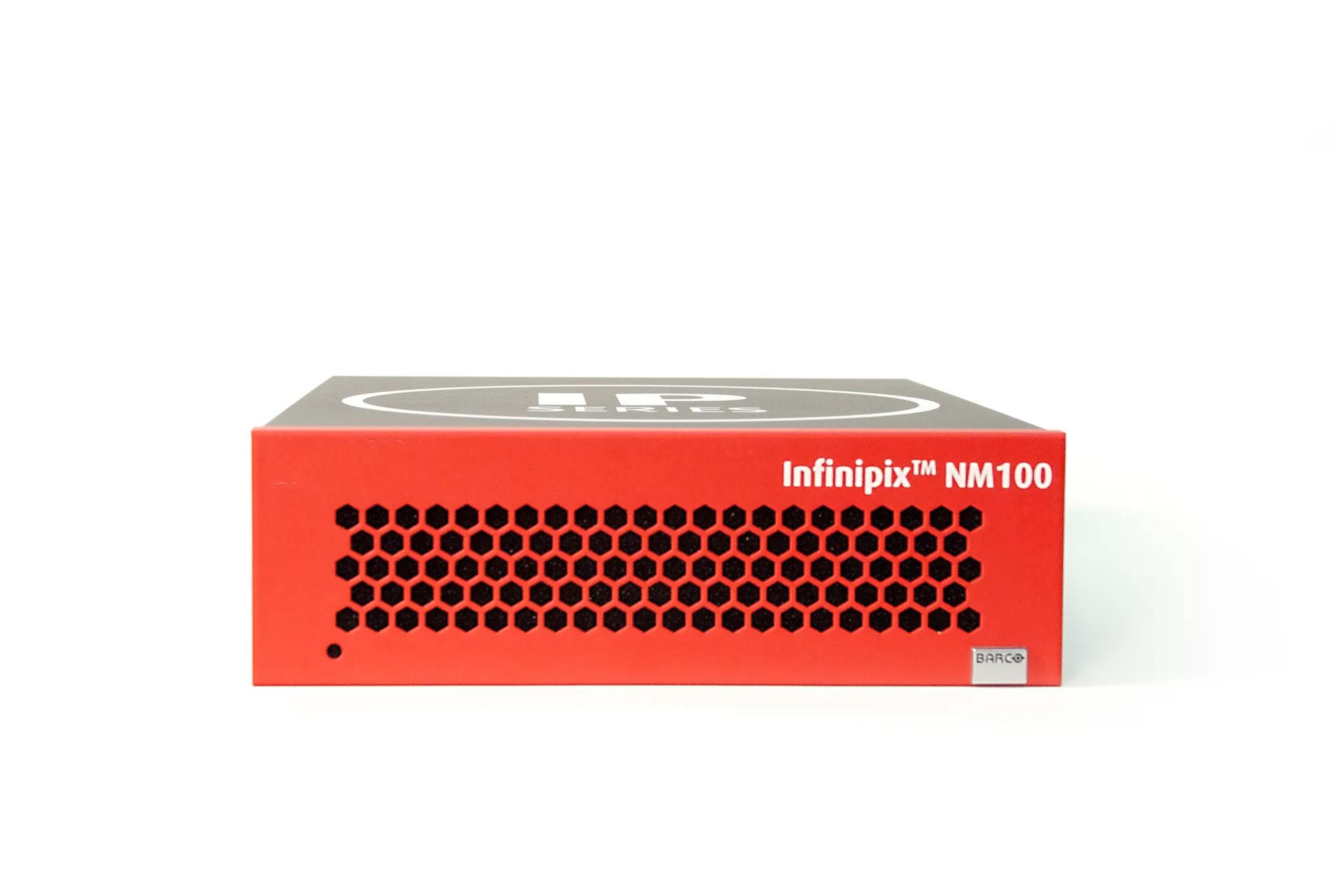LED Talks: Show your content as intended
LED · Image processing · 3 min read
More and more LED walls are looking alike from a mechanical point of view, but there is one important differentiator amongst them: LED processing. With our ‘LED Talks’-series we want to show you that in order to get the best-looking LED wall, it requires deep understanding of how LED is working, and how they should be driven to get unsurpassed outcomes. In this first deep-dive we’re talking about how processing can ensure impeccable image accuracy in your environment.
Here’s something to think about: the performance of your LED wall is only as good as its underlying processing. Barco’s LED walls, for example, are peaking in color capabilities thanks to the carefully selected LEDs with a Rec.709 color gamut, but the wrong processing or color adjustment will still ruin the quality of your image. And ultimately disappoint the end user, because in the end all you want is to see your content the way you intended to.
Turn the lights down
For a display to be all-round, it must be fully adaptable to any lighting condition, showing the same colors and level of detail when operating in dimmed mode as it does at full brightness.
The dimming mechanisms of most LED products reduce the dynamic range of the colors. The images lose grey scale levels. The details on the blacks disappear or the grey scale image suddenly starts to show a strange color effect or green haze. And that’s not how you imagined your image to look like!
Thanks to Barco’s InfinipixTM, image quality is perfect in both dimmed and high-brightness mode. The optimized smooth dimming technology takes special care of the colors and grayscales – allowing you to adjust and fine-tune the brightness as you like by selecting a value between 1 and 100% – without any loss of color quality or image details.
Show your true colors
Correct contrast and perfect colors are critical for every LED user:
- Color fidelity is key in mission-critical control rooms where the LED wall is typically not driven at full brightness. In addition, the flexible dimming capabilities of InfinipixTM contribute to the viewing comfort of operators monitoring images 24/7.
- Consumer brands invest a lot of time, effort, and money in their brand identity. Where other processors are often over-saturating colors, InfinipixTM allows for brand-specific calibration. Even the palest pastel colors are accurately reproduced.
- The human eye reacts differently to light than cameras. Television studios highly benefit from InfinipixTM to recalibrate colors for specific camera requirements with one single press on the button.
- In the case of digital prototyping, manufacturers want to review their 3D designs as close to reality as possible. Thanks to Barco’s LEDs’ outstanding color accuracy and perfect contrast levels, these designers can trust what is being visualized and make the right decisions.
LED by example: BMW Welt
BMW Welt in Munich is the heart and soul of the automotive giant. The artistic building serves as a combination of exhibition, delivery center, museum and visitor experience venue. A few years ago, BMW Group updated all 15 sites at their ‘brand temple’ with Barco LED walls.
Obviously, having the wrong BMW blue in their own brand center is unacceptable. Luckily, the InfinipixTM platform ensures amazing color performance of the LED video walls. Each of these displays is highly luminous and can be used without restrictions – even in full sunlight.
Conclusion
If there’s anything to take away from today’s LED Talks, it’s that superior pixel quality is undeniably a key element for LED displays, as it provides the “wow” factor; but how the image is processed can really affect the overall impression.
LED's talk some more:
- Create flawless viewing experiences: on the importance of good LED processing when it comes to image enhancement and video synchronization
- Trust a worry-free canvas: on stress-free serviceability and how a good processor can save you time and money in the long run
- Secure your data: on image processing and data protection


